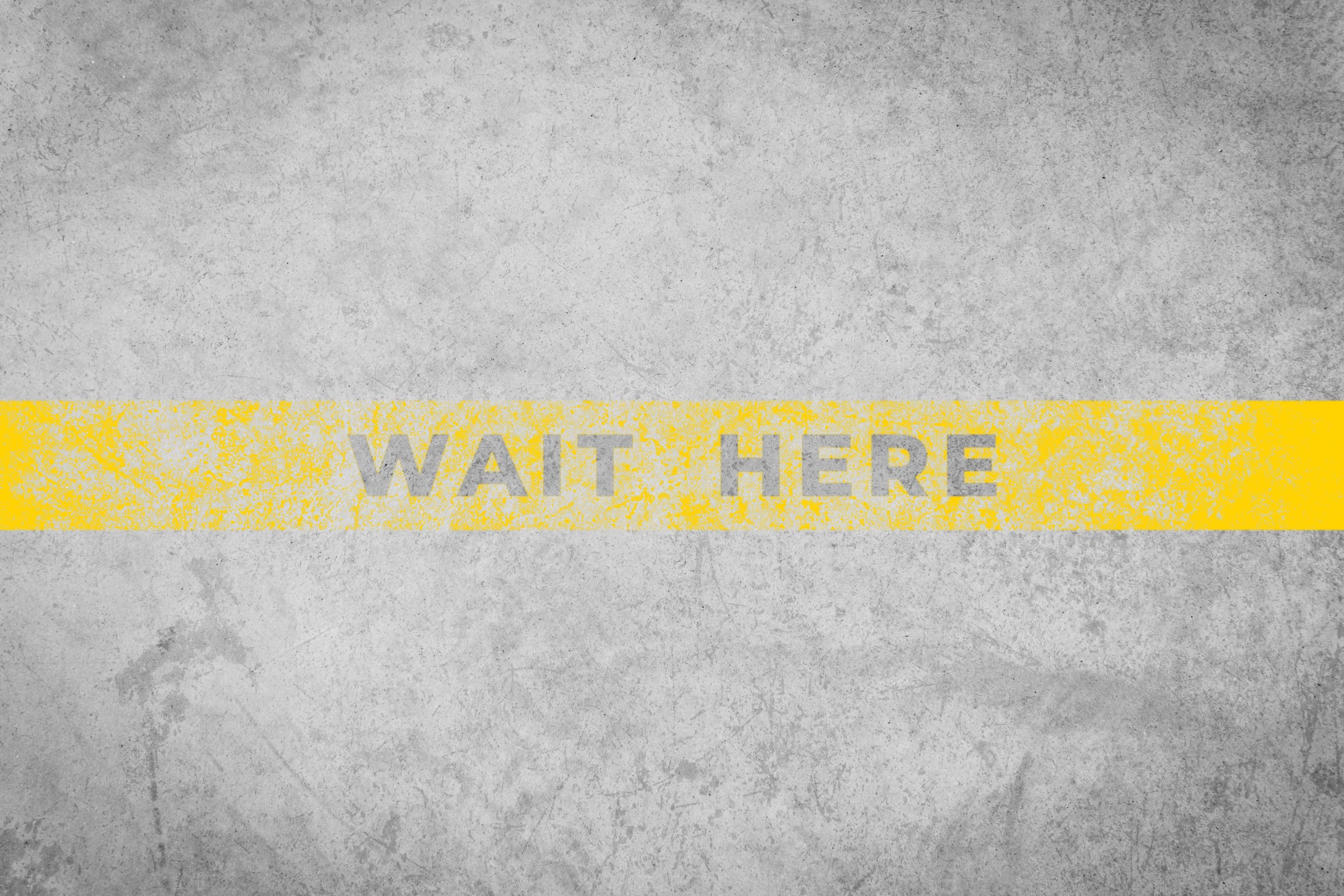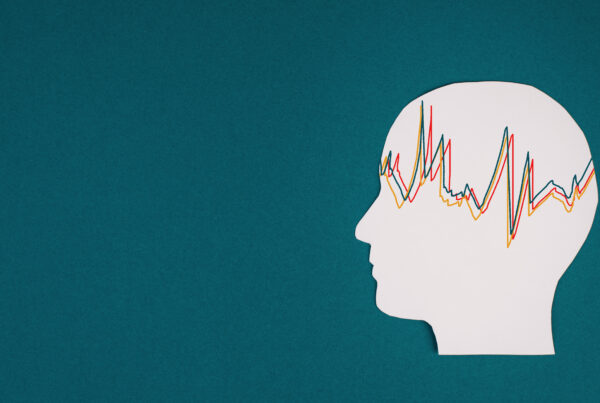This coronavirus experience is giving each of us the opportunity to rethink our connections to others. Let’s commit to come out of the experience with a renewed understanding of our shared fate.
I’m still going to the grocery store: I live in a small community without an extensive ecosystem of deliveries. And though I am having to don a face mask and disinfect my purchases as soon as I get home, I actually appreciate the few minutes each trip that allow me to make verbal contact with the checkout clerks and baggers. It is the eye contact with other shoppers that haunts me a bit. We note each other at opposite ends of a long aisle, silently signaling right-of-way decisions. When our eyes meet, there is an unmistakable second of recognition that we are each counting on the other to do the right thing. That’s the common sense that (most) civic leaders and health experts are pleading with us to use. Most people are applying theirs—though it is not universal.
The increasing protests illustrate not only a lack of common sense (no masks, no social distancing), but a depressing lack of commitment to the common good: people shouting about freedom to do what they want, never mind another person’s right to be protected from a public health hazard. We all want to get our lives and the economy back, but we need to use common sense to do things in a way that serves the common good.
So, I’ve been thinking a lot about the word ‘common.’ It is unfortunate that it is often used in a somewhat disparaging way—as in, the opposite of unique or interesting. Because according to Webster’s Dictionary (I have time on my hands, so I actually found and opened the physical book, which has exhaustive insights on the word), the very basic definition of common is “shared by all or many.” At a time in our history when a lot of energy and airtime is expended highlighting all the ways we are different and separated, it is perhaps important to start lifting up the things we have in common. Much as some of us like to circulate in exclusive circles of our own design and observe the rest of humanity, this virus is a humbling reminder that we are all, it turns out, mere mortals. What can befall one of us may very well take another, seemingly randomly. We have that in common.
Meet the health care workers — doctors, nurses and EMTs — who are putting themselves in harm’s way to try to save the world from the coronavirus https://t.co/W4J3z4oULu
— The New York Times (@nytimes) May 5, 2020
Prior to this pandemic, the notion of ‘common good’ had been taking a serious beating. We have been increasingly driven to see everything through filters that separate us: partisan political ones, geographic ones, ethnic and religious ones, economic ones. And let’s be honest, we each saw ourselves as the victims of others’ faulty filters. Righteous and misunderstood.
And it is human nature for most to focus on the now, on where we are and where we think we’re going—striving for competitive advantage, getting to the front of the line or the top of the ladder, hoarding the toilet paper or the disinfectant. What gets lost in that focus, though, is the ultimate reality: shared fate. In any community or nation or civilized society, we will experience it: sometimes we need help, sometimes we offer it. The reality of shared fate emerges slowly sometimes—in other times, like now, it lands in our psyche in a flash. Or it should. And shared fate is what makes the common good a priority. Or it should.
When you’re in the community, please practice social distancing:
— RamseyCounty (@RamseyCounty) May 5, 2020
✔ Maintain at least 6 feet between yourself and others.
✔ Wear a cloth mask.
✔ Avoid groups and crowds.
✔ Stay home as much as possible.
More info: https://t.co/jZRzlsNNTe #StayHomeMN pic.twitter.com/jot0TYUAoC






